If the French Tennis Federation has already done a lot of work to frame the explosion of padel in France, players and clubs padel would like this regulation to evolve a little more efficiently and more in line with their concerns.
So let's try to be constructive and see what would be the ideas that could allow the padel to continue its development healthily and in harmony.
1 / Homologate Mixed Tournaments
This is THE rule acclaimed by many players and clubs of padel.
First, the padel is a sport perfectly suited for this type of competition. Many couples from elsewhere already participate in internal mixed club tournaments. But it's not just couples. Quite the contrary. The National Padel Cup, the Padel Infinity Tour has shown that there is a huge demand, a huge potential.
In addition, the ladies who are unfortunately less numerous to practice padel for the moment could make competitions with the men in a more framed way with approved tournaments.
The other advantage, especially for large clubs padel, it is the possibility of offering suddenly 2 homologated competitions at the same time, one men (and / or women), and to participate in more in a mixed tournament.
Players play more, clubs have extra revenue and the FFT continues to rake in additional licensees.
The measure could be implemented in a very simple way by already using the tools put in place by the FFT.
A measure that does not cost one euro and that could benefit everyone.
2 / Integrating ladies pairs into men's tournaments
Yes, it is true that Padel Magazine has been exposing this idea for a little while. But maybe the idea is germinating. In any case we hope: Integrate pairs ladies in men's tournaments.
Starting observation: 3 big problems.
=> First, there are very few tournaments padel ladies. And when the ladies' tournaments are announced, it happens that these tournaments are postponed and even sometimes canceled because not enough players.
=> Then, when there are ladies tournaments, we often see the same players. There is no renewal, emulation and new confrontations. In short, it is difficult for these ladies' pairs to constantly motivate themselves.
=> Finally, the differences in level are very important between the French top 10 and the other pairs of ladies. But there are also very important gaps among the 220 female licensees (against 1610 male licensees)
How then to help the padel feminine to develop?
By opening the men's tournaments to the ladies.
How?
Let's use what is already working elsewhere. Example in squash, the French Squash Federation found itself faced with the same problem as the FFT concerning the ladies: not enough women, not enough ladies tournaments, and suddenly, difficult for the players of padel to be able to play on the French circuit.
To counter these problems, a simple idea has allowed many women to compete: Integrate the ladies in the men's tournaments.
But you will say, how can we do that while the levels and rankings are not the same between ladies and gentlemen: It is enough to integrate a multiplier coefficient for the female pairs and thus classify them in the table gentlemen.
For example: 1 ladies pair of 100 points would be equivalent to 300 points in men. (Remember that the more a pair has points, the less well it is ranked). The points they win will obviously count for the ladies ranking.
But we could then in some cases have many pairs of ladies in a men's tournament. Here too, the solution is simple: Set up a quota system.
Basically, there could be no more than one 1 / 4 pairs of ladies in a table gentlemen. For example, in an array of 16 pairs, you could only have 4 maximum pairs.
A solution that does not cost a euro there and whose implementation would be very well received.
3 / Further relax regulation on tournament packages
The goal is to give the referee some additional freedoms to accelerate the matches or slow down by lengthening the game format. Today, there are many formulas. Except that these formulas are not so flexible and we can not always transgress them.
In squash, one can make up to 4 matches / day for a homologated squash tournament.
However, at padel, which can be considered a little less physical than squash, we can only play 3 matches max with the so-called traditional or classic formula (Format 1), ie 2 winning sets (with the ad and the 3rd classic set). Knowing that by the way, we know that there are often lightning matches, especially in the group stages, because of the differences in levels that there may be.
maybe adding one more game in the day with the traditional formula would be interesting for everyone.
Another variant: If the players and referee judge agree, maybe they should be given the opportunity to choose the format to make their matches.
4 / Treatment of Private and Municipal Structures Equally
Clubs padel private individuals who are then FFT authorized must be able to benefit from the same aids as the municipal club.
Indeed, we observe that some private claim to be confronted with unfair competition. First, because municipal clubs are often financially supported by municipalities and sometimes regions. And then, the FFT league helps at times more the municipal club than the private club.
When a league offers to financially support a project padel, it cannot distinguish the municipal club from a private club which will subsequently qualify. There must be perfect equality.
Note, however, that many leagues play the game of equal treatment, starting with the Lyon league which now has 7 clubs of padel.
5 / Allow the referee to participate in the tournament
Strangely enough, the rules prohibit the referee from participating in his tournament. We are fine with the goal. But is not it a bit harsh? Especially that it often happens that the Referee is himself a player and therefore the first applicant to his own tournament.
And then, it implies indirectly that the referee's referee partner must then seek another partner. (Which does not matter, of course). But this regulation can annoy the first concerned: The judges referees / players.
Why not relax this part of the regulation?
6 / A diploma of padel / equivalence
If we know that the FFT is working on it, many players and clubs are asking for a real padel. Today, you must have the state tennis certificate to be a teacher padel... However, many players padel have all the qualities required to train.
Of course, this is not an FFT problem, but a much more general problem, since it is the Ministry of Sports that certifies the diplomas.
Since the September 1er 2009, the ENIC-NARIC France center has adopted a comparative approach to the processing of applications for recognition of foreign degree holders and, when the study of the file permits, issues a certificate of comparability for a diploma obtained at the foreigner who evaluates the diploma submitted in relation to the French system.
In Europe, equivalences are legion. France must accept and authorize that a French who has obtained a diploma in Spain can teach in France.
However, the FFT is working on a way to get around this Franco-French problem by offering specific training in the near future. padel allowing to teach the padel. Hopefully this qualifying training can eventually be “given” to players with largely the qualifications of. padel (depending on level, experience and diploma acquired abroad). This will make it possible to quickly place on the French market teachers of padel FFT.
7 / Soften or stiffen the different categories of tournaments padel ?
There are 4 types of tournaments: the P100, P250 P500 and P1000.
From p250, mandatory prize money at the minimum height of the numbering of the chosen category.
Note that the prize money (The P500 and P1000) benefits the Spanish more than the French players. If this has the merit of increasing the level of the tournament, one could wonder if this rule of prize money would not be double-edged. What is more, the winners are often players who are not part of the economic life of the padel French. Of course, this is a trend. Should we leave it this way?
Then these tournaments (P500 and P1000) are expensive for clubs. Is it so interesting for them? A priori, given the number of clubs padel offering this type of category, you might think so.
As players, however, having this type of endowment is necessarily motivating. In addition, the financial endowment of a tournament allows to a certain extent to professionalize our sport the padel and bring in the best players.
In short, it would certainly be necessary to carry out an audit with the clubs and the players to know if the categories of tournaments set up are really effective for the development of the padel in France…
Franck Binisti - Padel Magazine
Franck Binisti discovers the padel at the Club des Pyramides in 2009 in the Paris region. Since padel is part of his life. You often see him touring France going to cover the major events of padel French.

































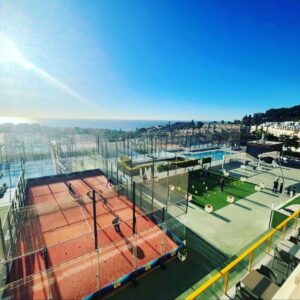




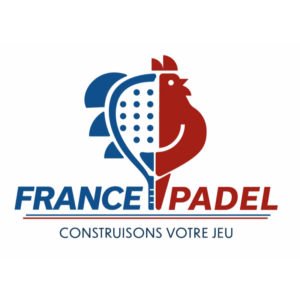





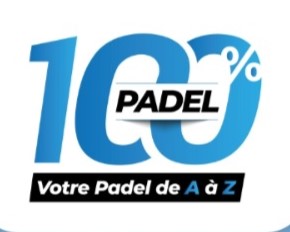




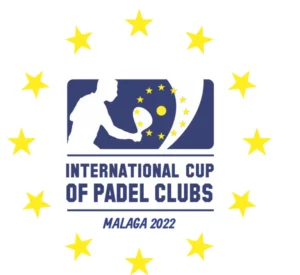




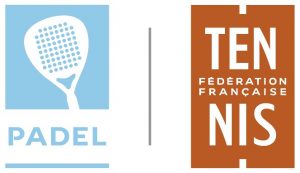













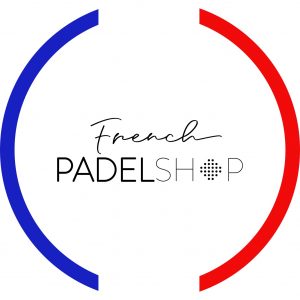

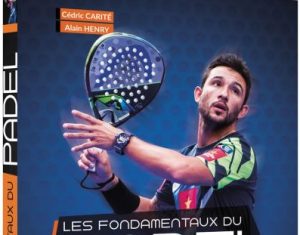


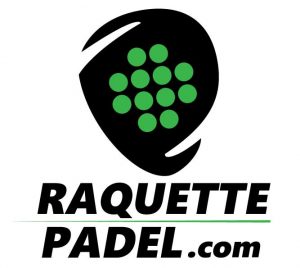







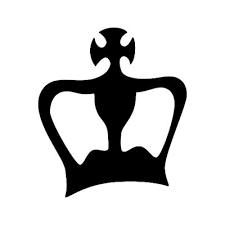



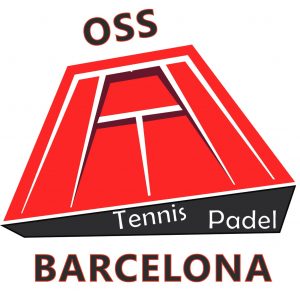
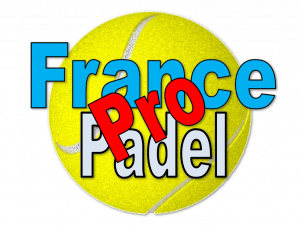




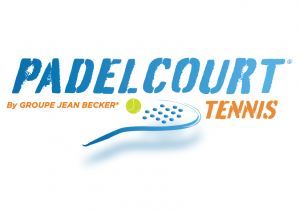

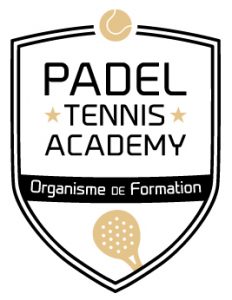
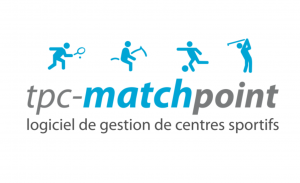






 Premier Padel Brussels P2 – Alix Collombon qualified for the second round
Premier Padel Brussels P2 – Alix Collombon qualified for the second round Nallé Grinda: “Democratize the padel in the USA with PadelX "
Nallé Grinda: “Democratize the padel in the USA with PadelX "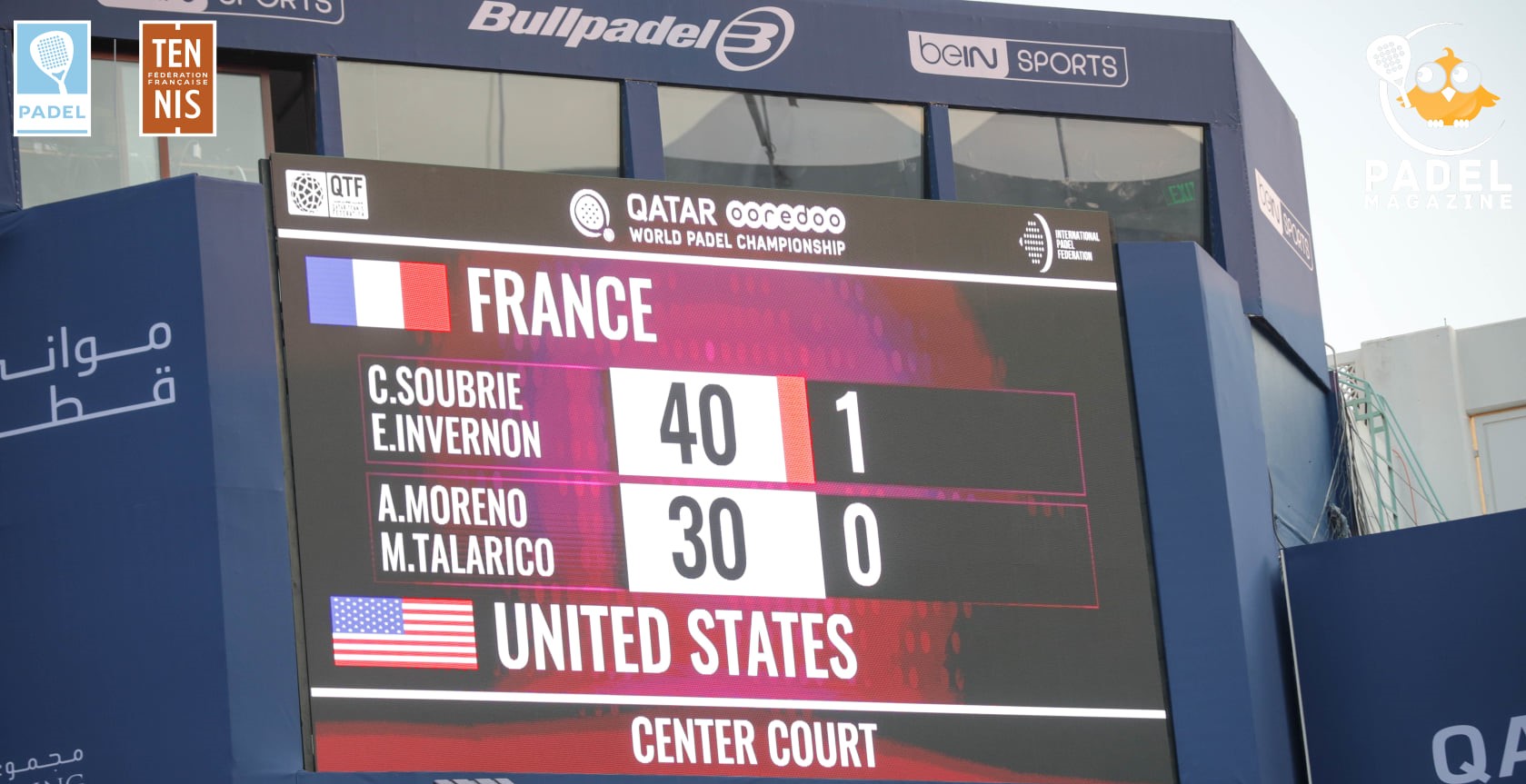 The score at padel : manual
The score at padel : manual The location chosen for the 2024 World Cup announced at the end of the month!
The location chosen for the 2024 World Cup announced at the end of the month!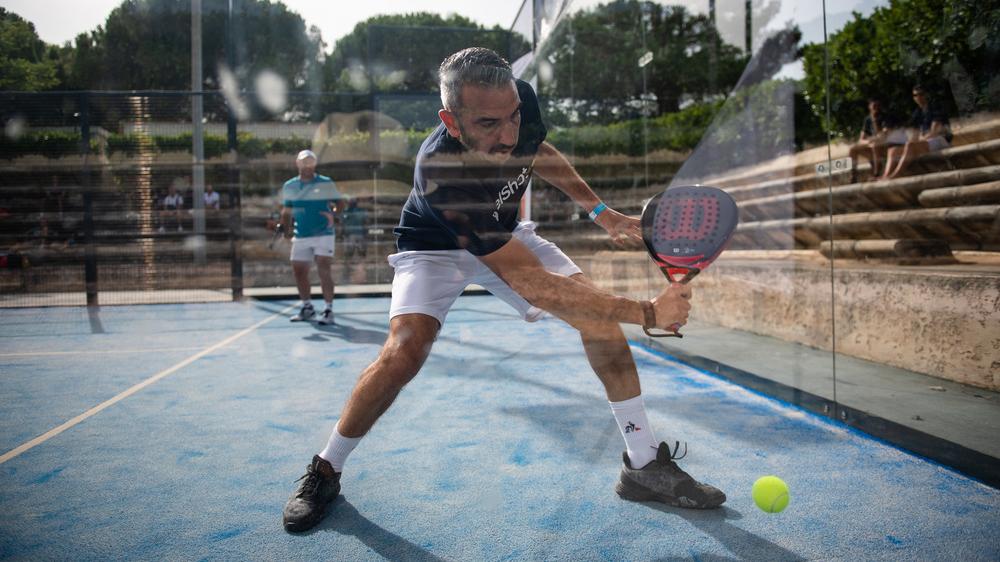 Simon Boissé: “We know that there are two nations in front of us”
Simon Boissé: “We know that there are two nations in front of us”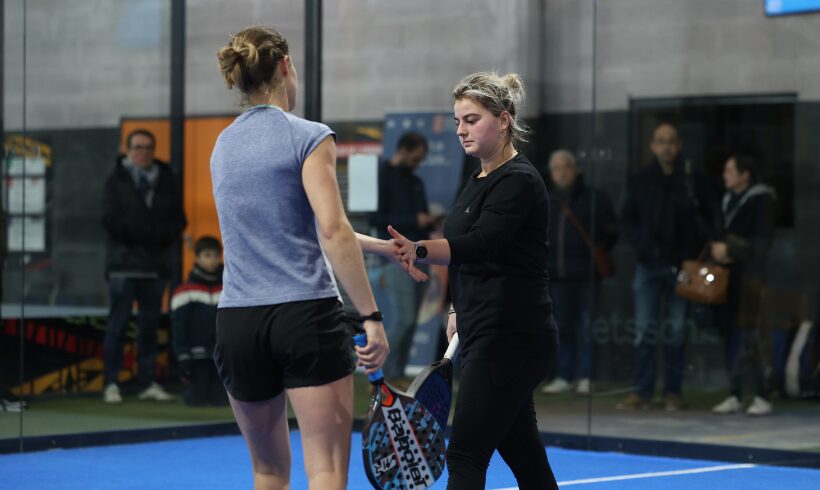 Marie Maligo: “This period of frequent changes of partners was beneficial for me”
Marie Maligo: “This period of frequent changes of partners was beneficial for me”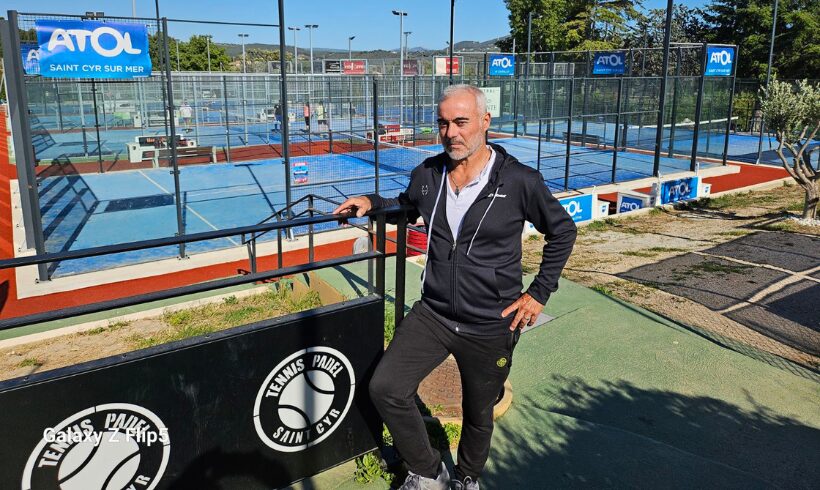 Alain Idier: “Adding tracks of padel, without sacrificing tennis”
Alain Idier: “Adding tracks of padel, without sacrificing tennis”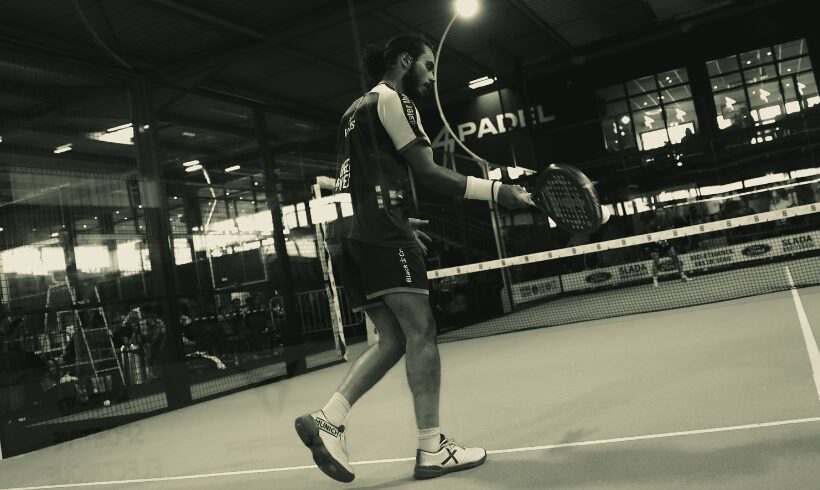 Manuel Vives: “It’s extremely difficult to get by financially”
Manuel Vives: “It’s extremely difficult to get by financially” Padel Score comes to Tahiti for American Express Padel Cup!
Padel Score comes to Tahiti for American Express Padel Cup! Mind Padel Lyon and the Auvergne Rhône-Alpes League innovate with team tournaments
Mind Padel Lyon and the Auvergne Rhône-Alpes League innovate with team tournaments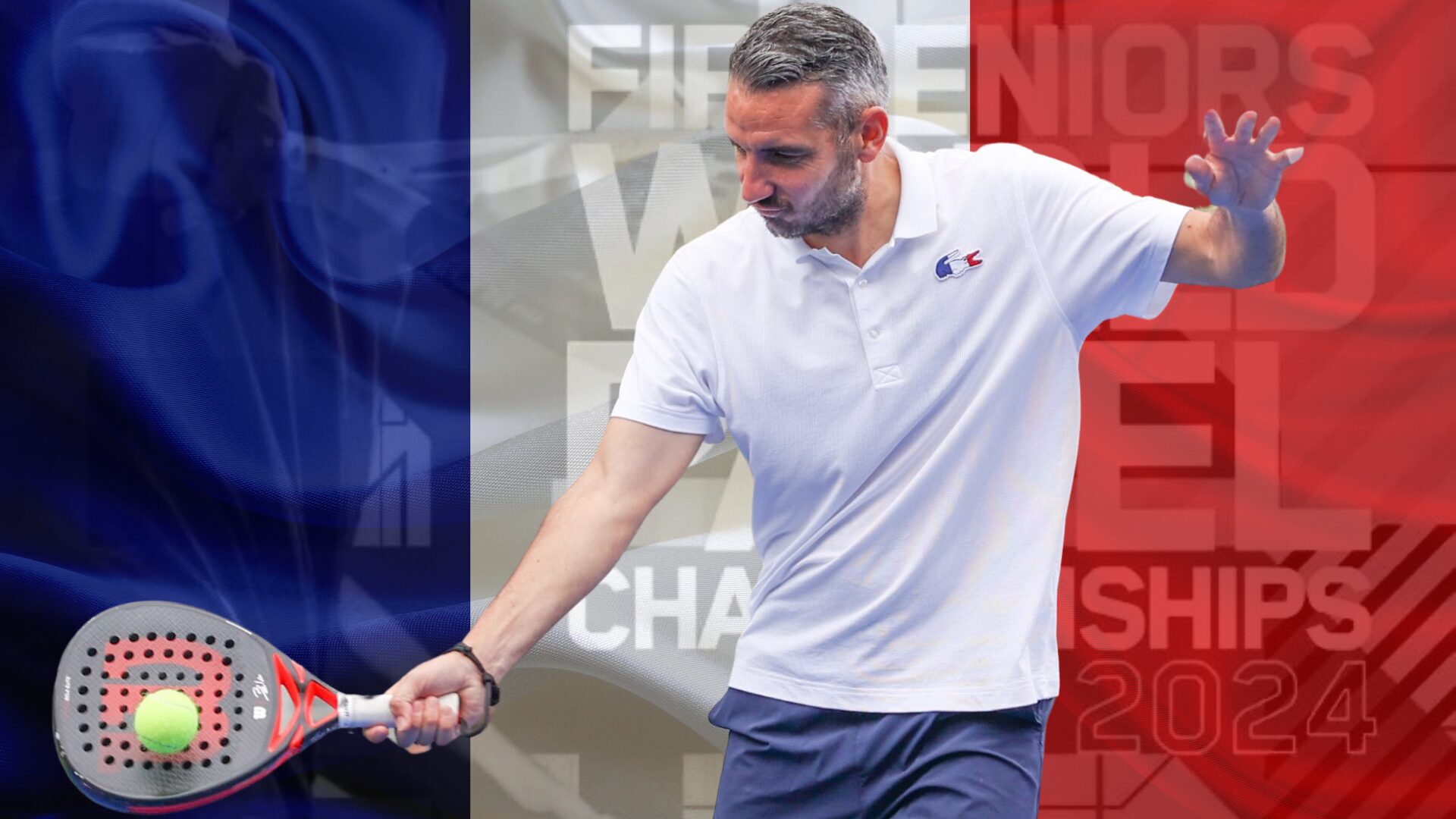 Simon Boissé: “We know that there are two nations in front of us”
Simon Boissé: “We know that there are two nations in front of us” Team PAX (Domingo / Xari) returns to victory
Team PAX (Domingo / Xari) returns to victory It’s off to a bad start for Pincho Fernandez and Javier Barahona…
It’s off to a bad start for Pincho Fernandez and Javier Barahona…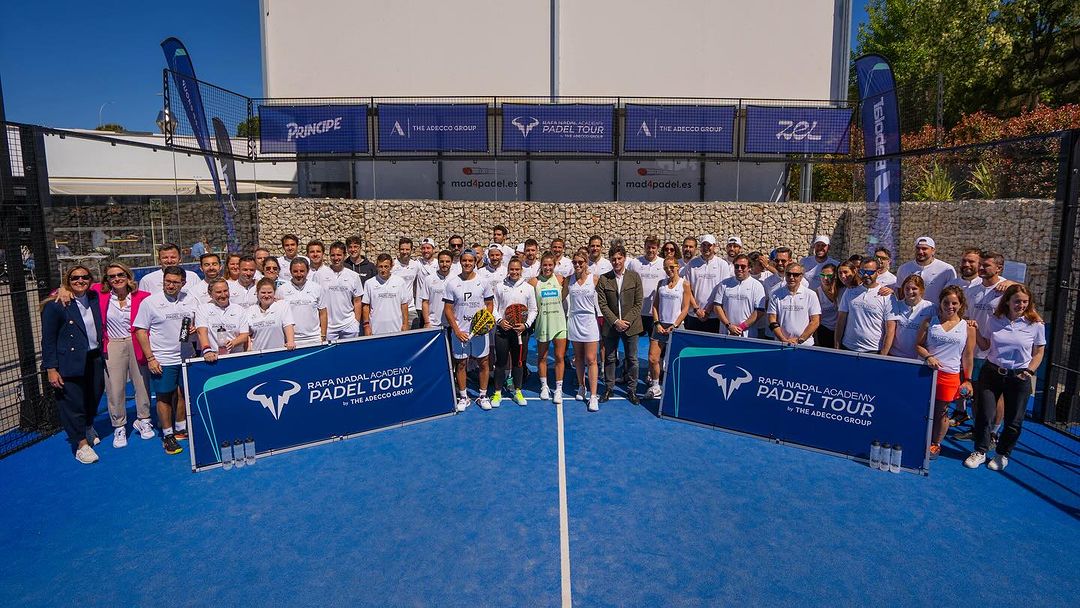 Do you know the Rafa Nadal Academy Tour?
Do you know the Rafa Nadal Academy Tour?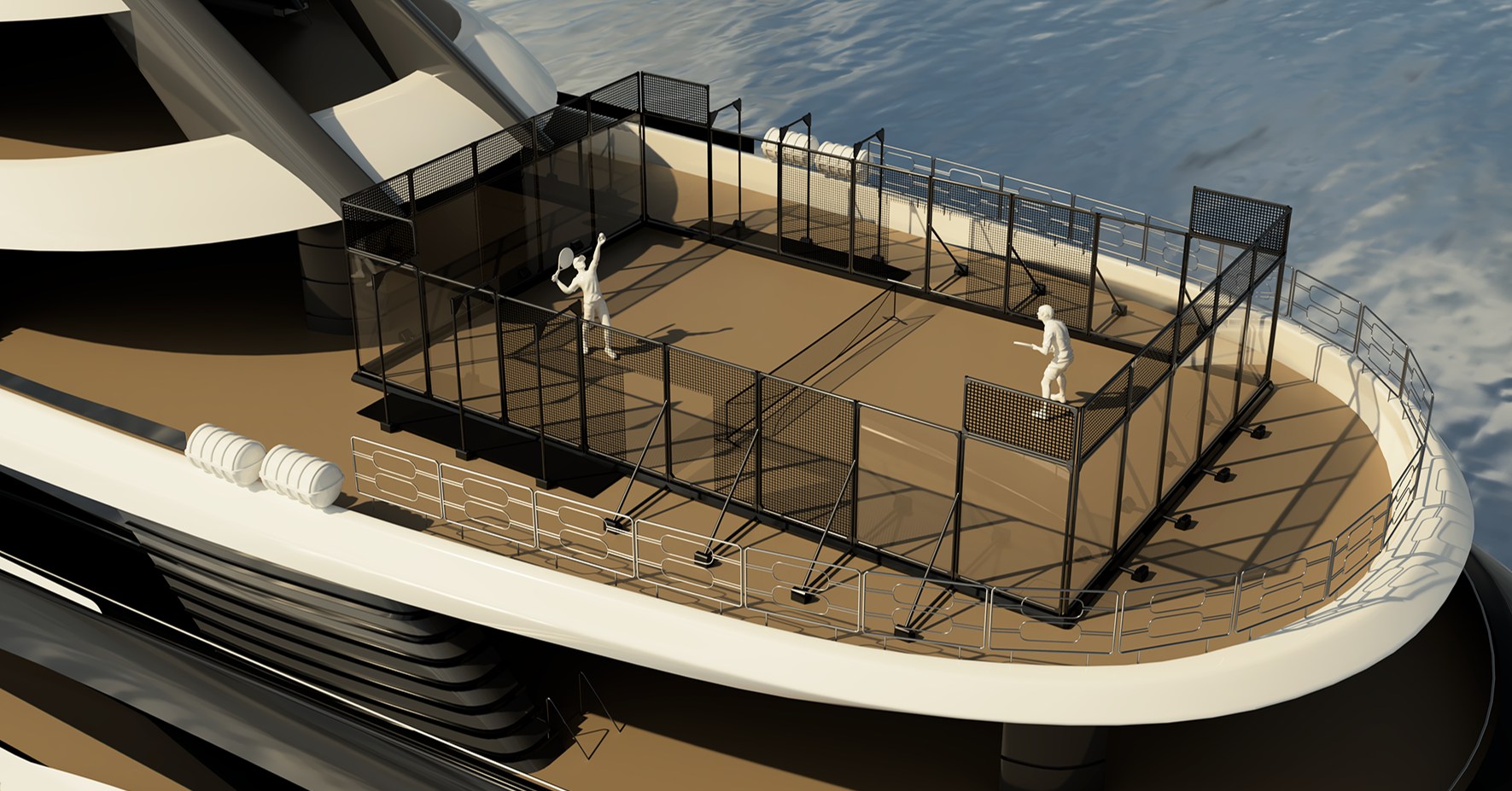 Play at padel on his yacht? Possible for €233.000!
Play at padel on his yacht? Possible for €233.000! TOP Padel : “A premium club with 10 slopes in Toulouse”
TOP Padel : “A premium club with 10 slopes in Toulouse” Our Top 10 training courses padel in France and Europe
Our Top 10 training courses padel in France and Europe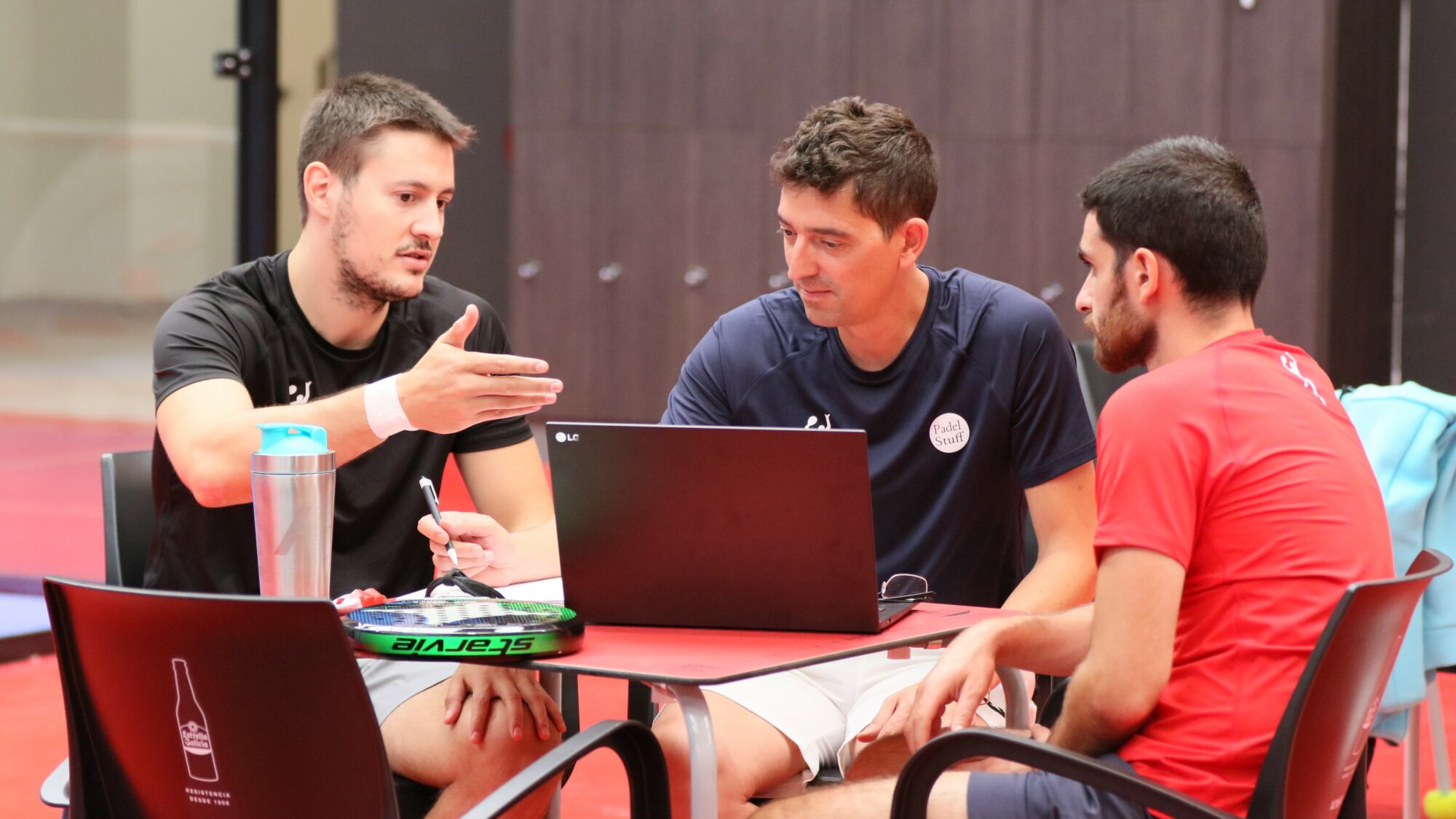 At the heart of padel – Episode 25: Paul and Andoni answer your questions
At the heart of padel – Episode 25: Paul and Andoni answer your questions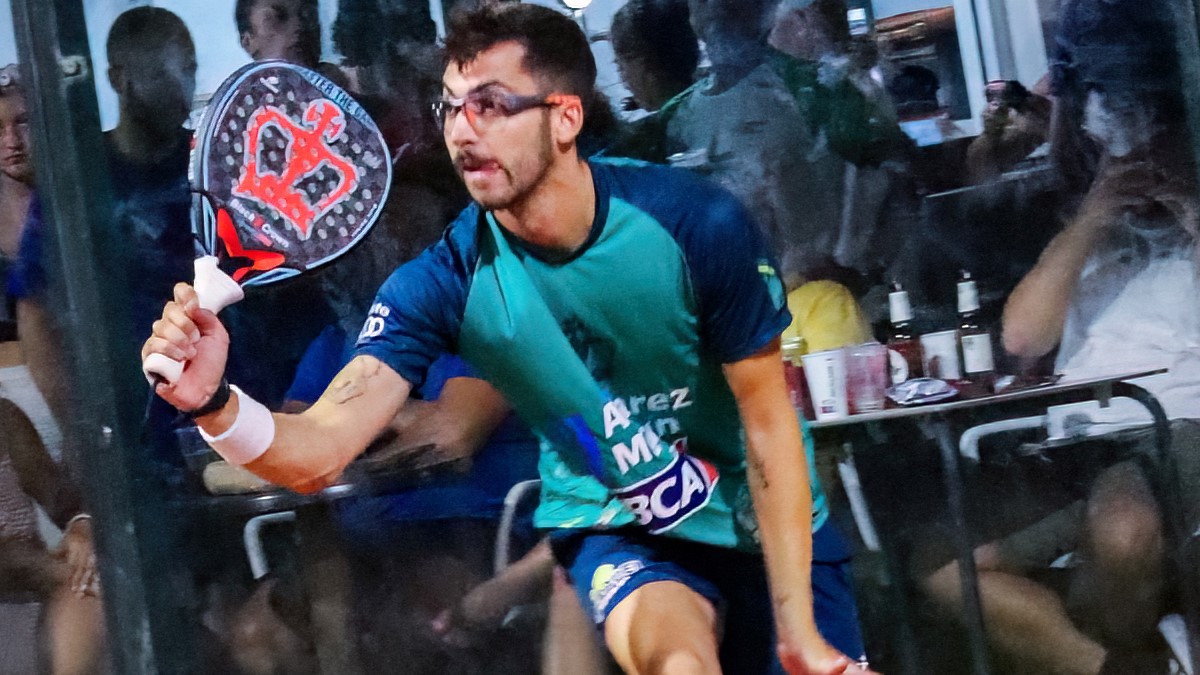 Tactical padel – What to do when faced with players who systematically stay at the bottom?
Tactical padel – What to do when faced with players who systematically stay at the bottom?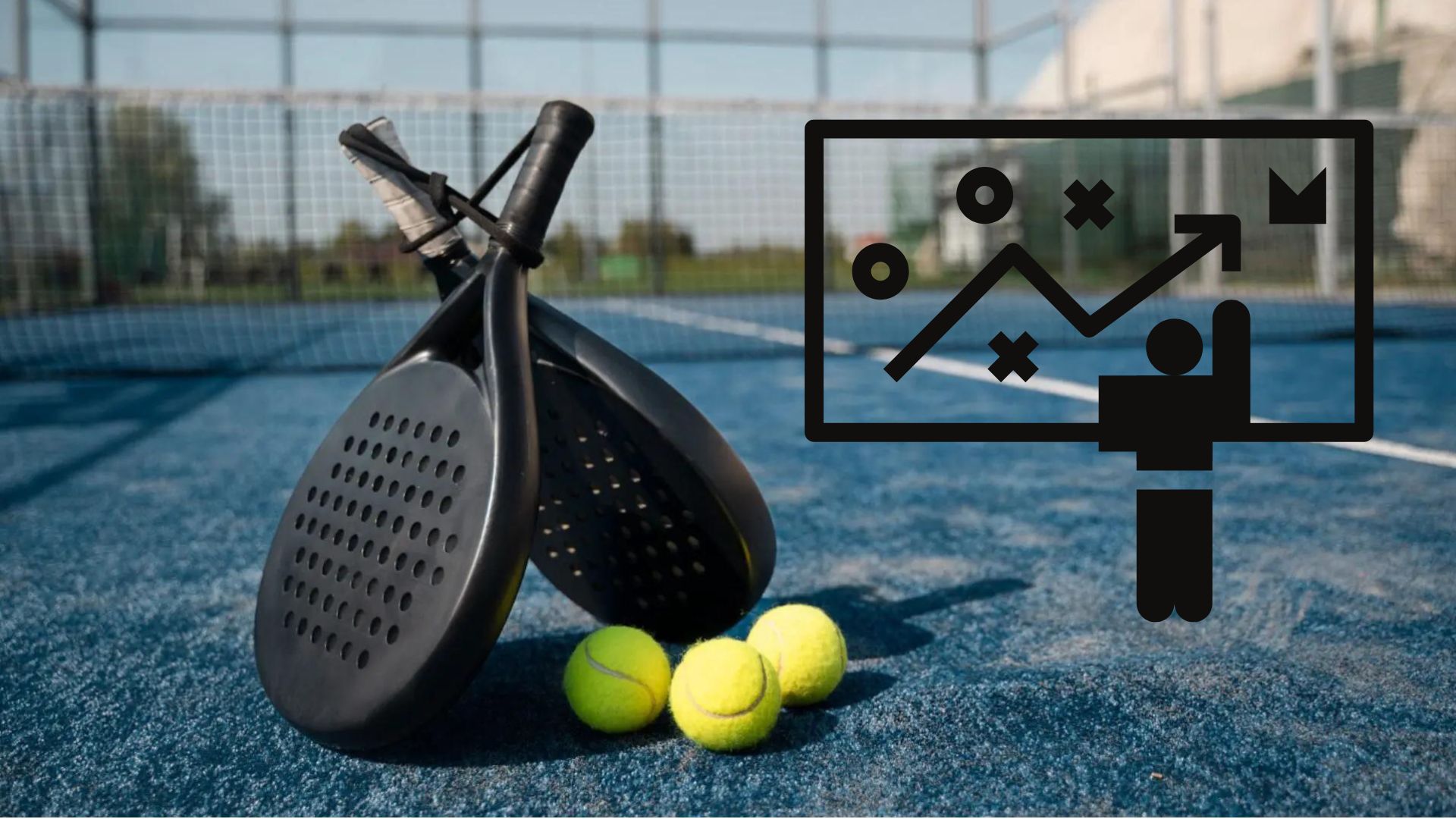 The basic tactics of padel
The basic tactics of padel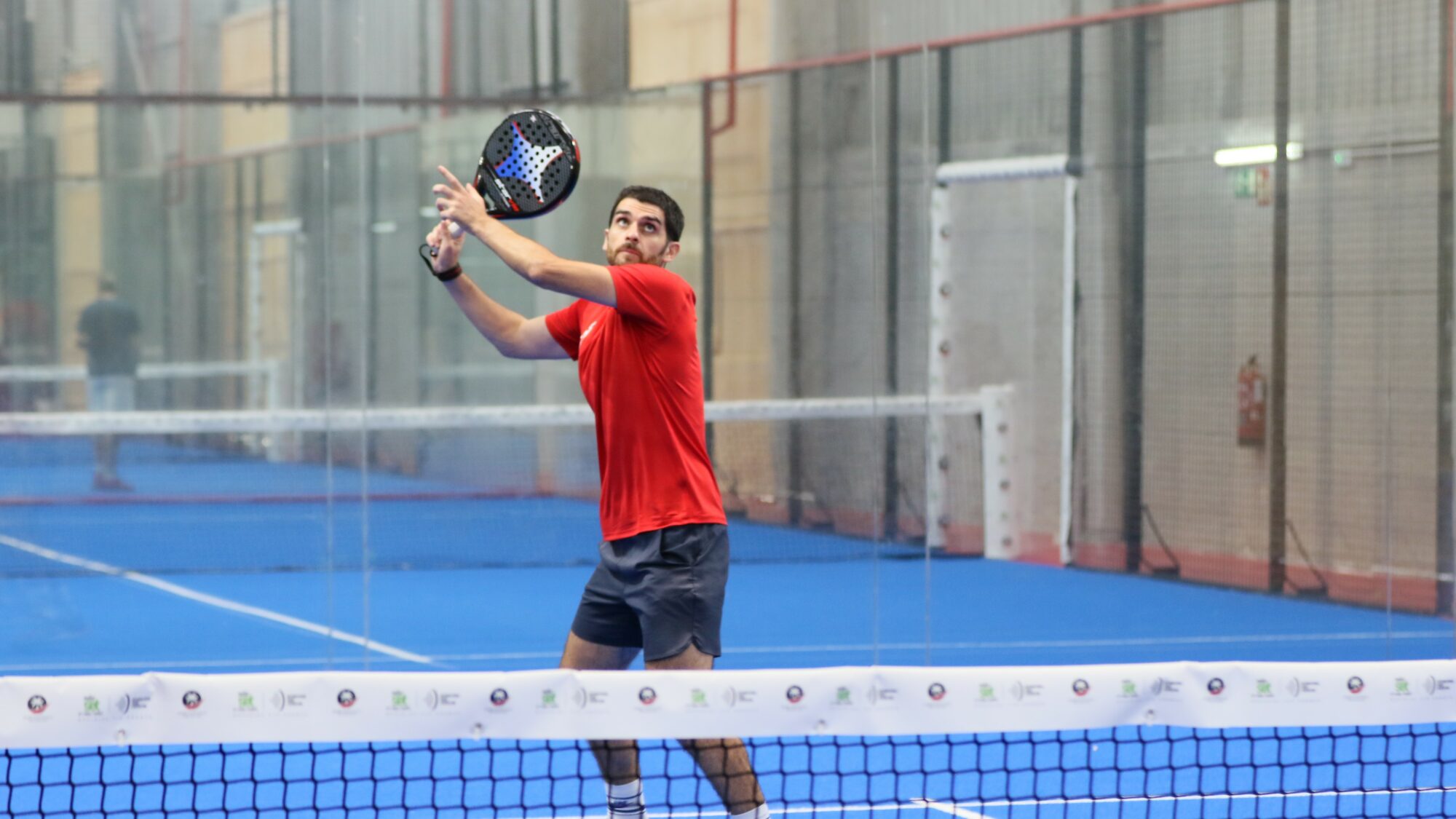 At the heart of padel – Episode 25: Paul and Andoni answer your questions
At the heart of padel – Episode 25: Paul and Andoni answer your questions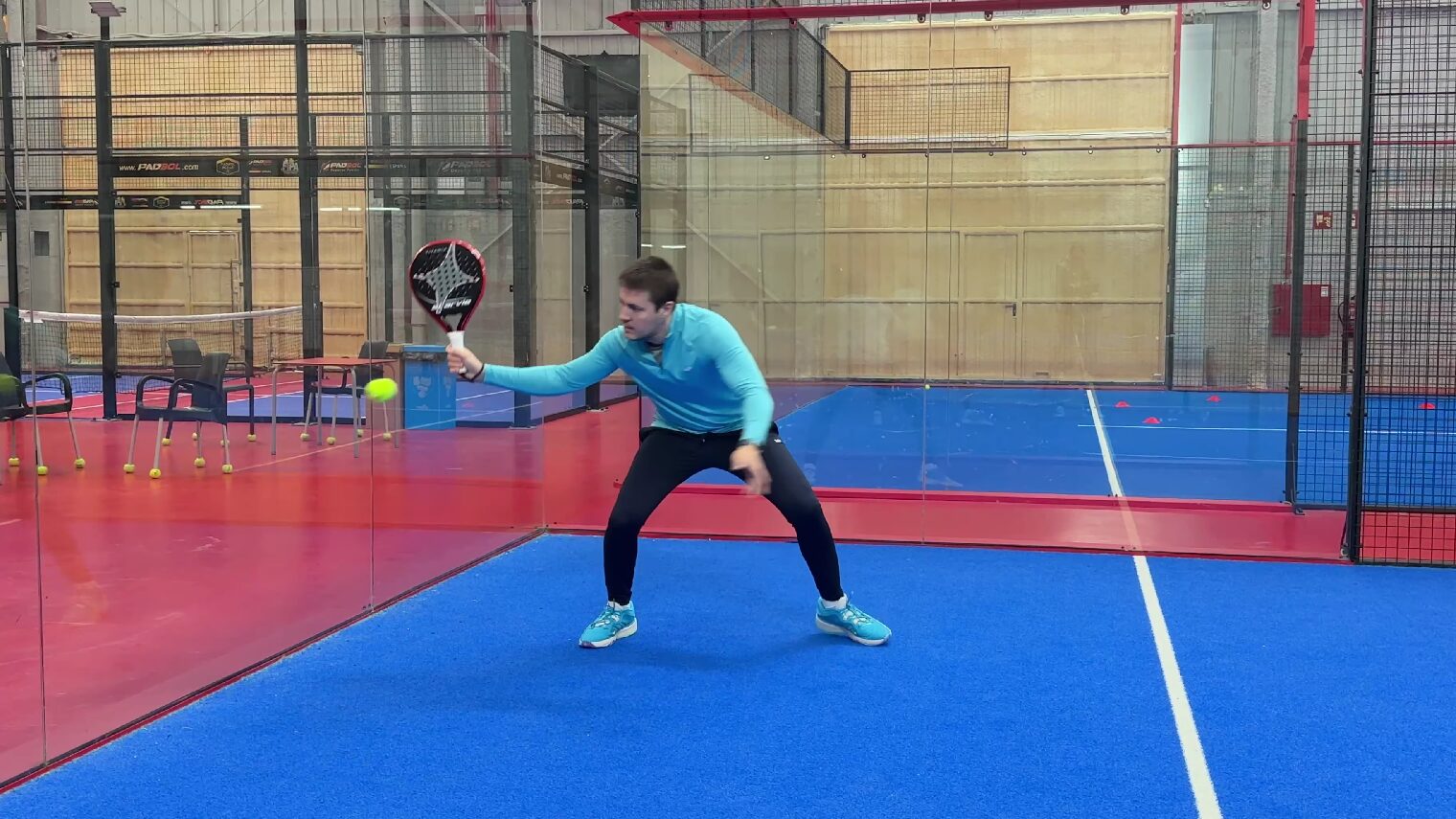 At the heart of padel – Episode 23: defend the window well
At the heart of padel – Episode 23: defend the window well Prohibition on playing topless Padel : the reasons
Prohibition on playing topless Padel : the reasons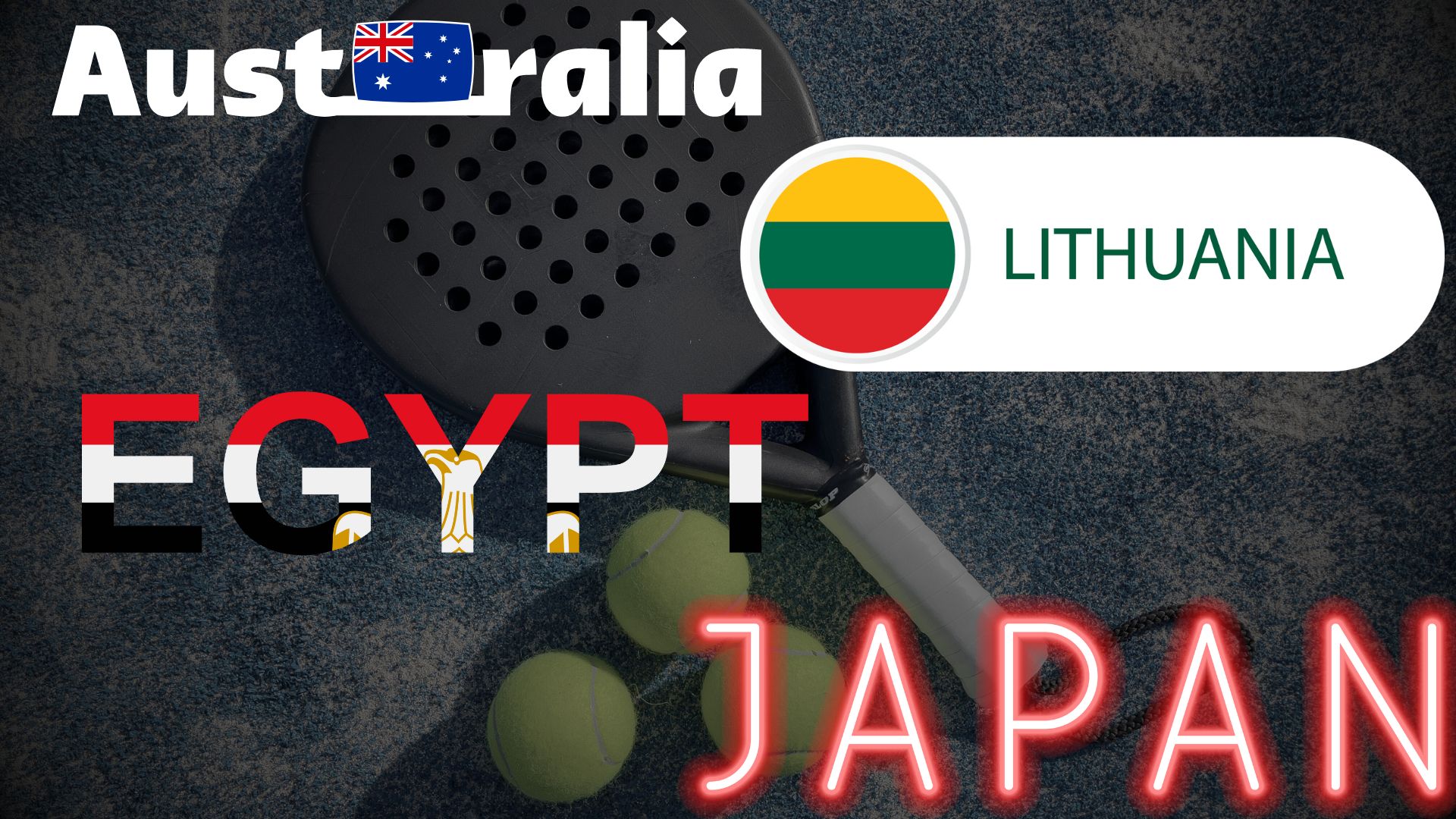 FIP Tour – Going far from Europe, THE strategy to earn points!
FIP Tour – Going far from Europe, THE strategy to earn points!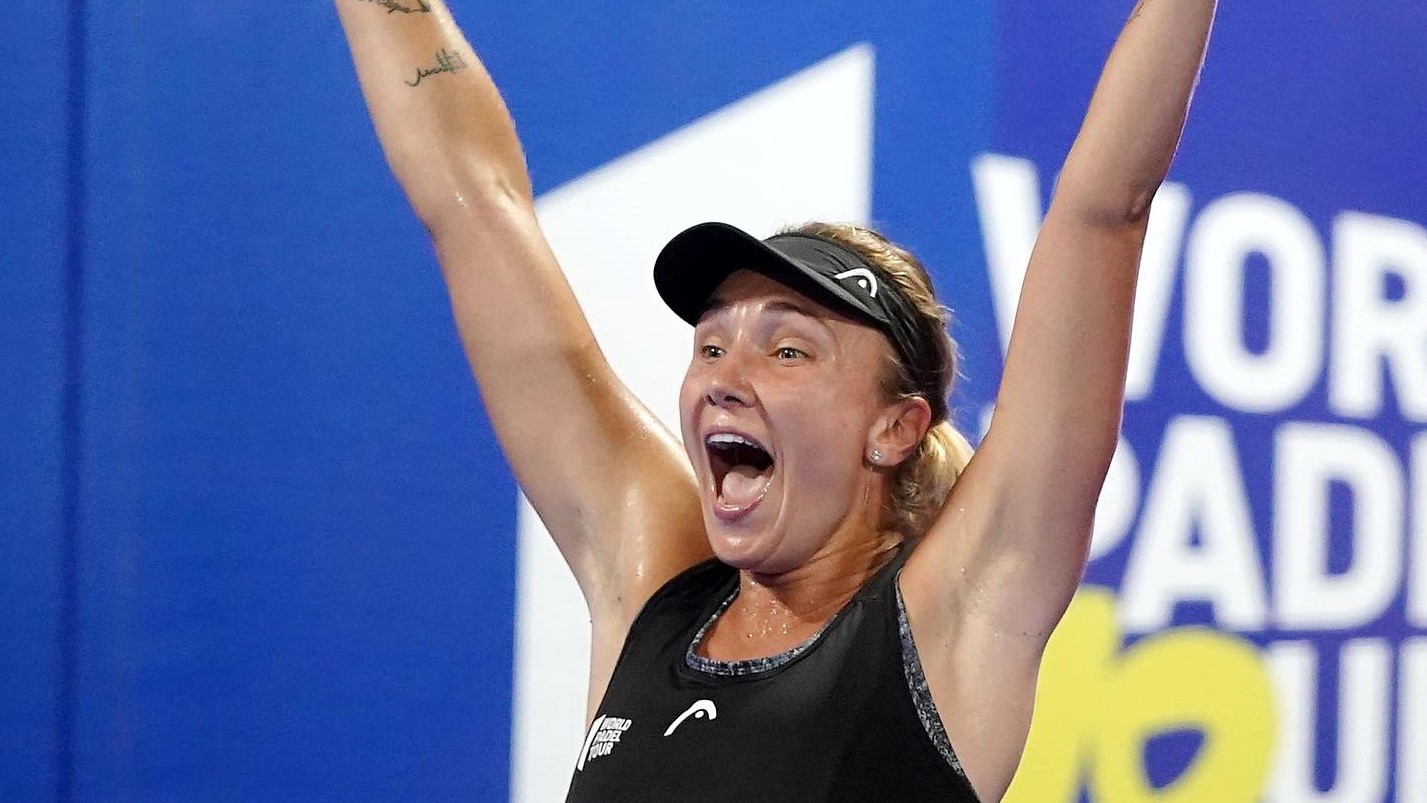 What is a good football player? padel ?
What is a good football player? padel ? “Lefties give me headaches when I play against them!”
“Lefties give me headaches when I play against them!” At the heart of padel – Episode 14: how to earn points in winter?
At the heart of padel – Episode 14: how to earn points in winter?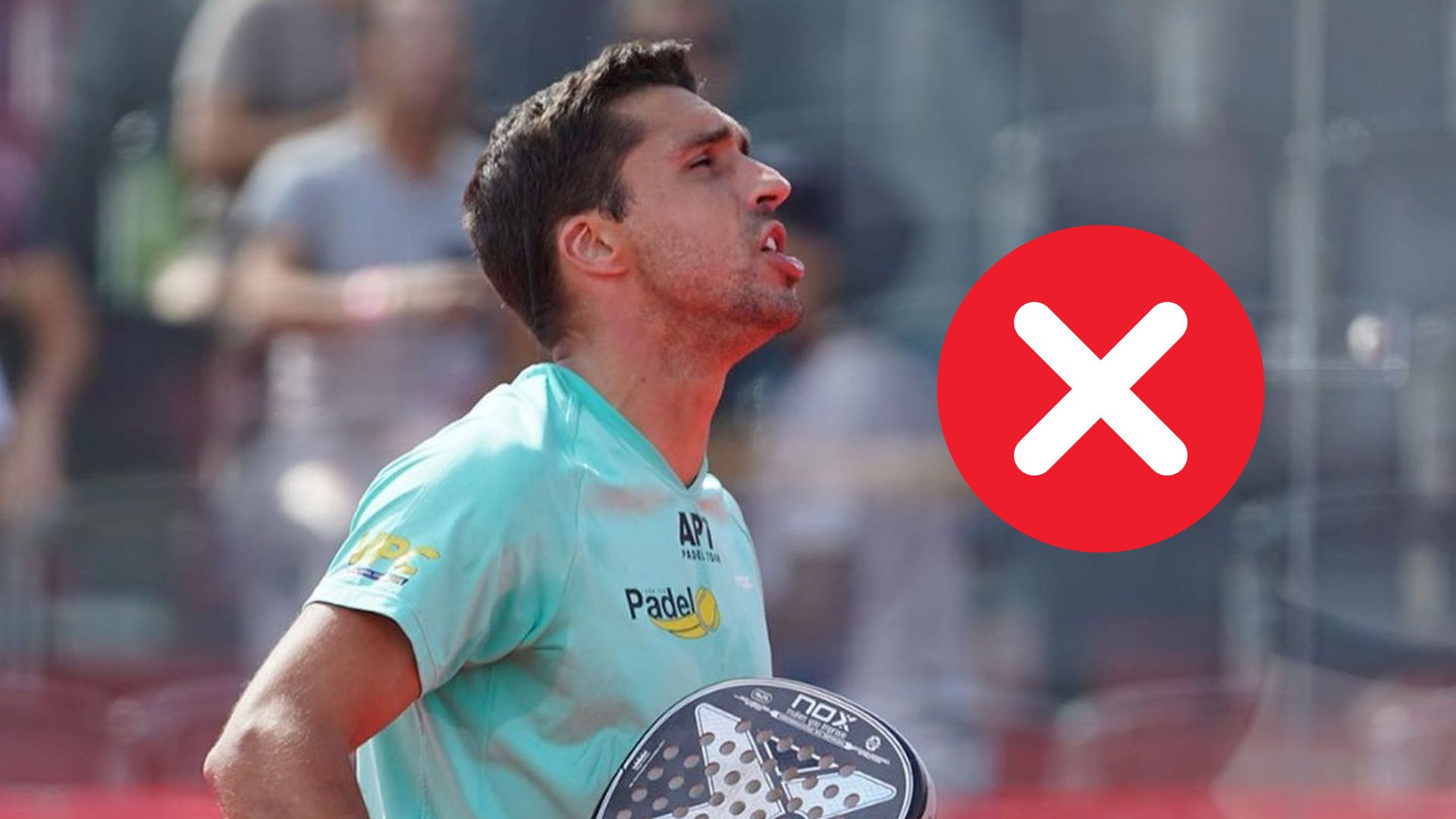 A par 4 is always a winner...even if you manage to defend it!
A par 4 is always a winner...even if you manage to defend it!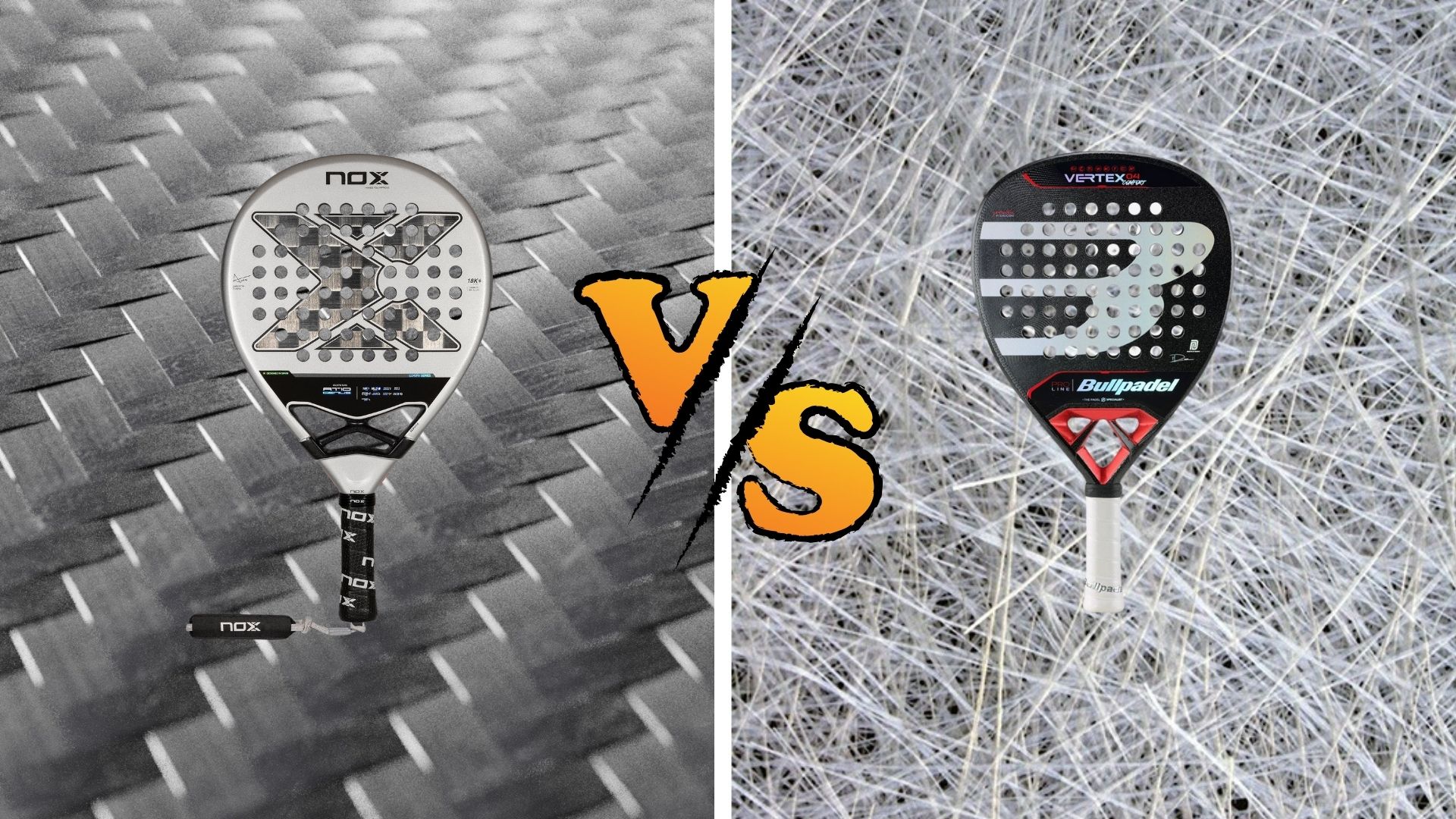 Carbon fiber VS fiberglass: what to choose?
Carbon fiber VS fiberglass: what to choose?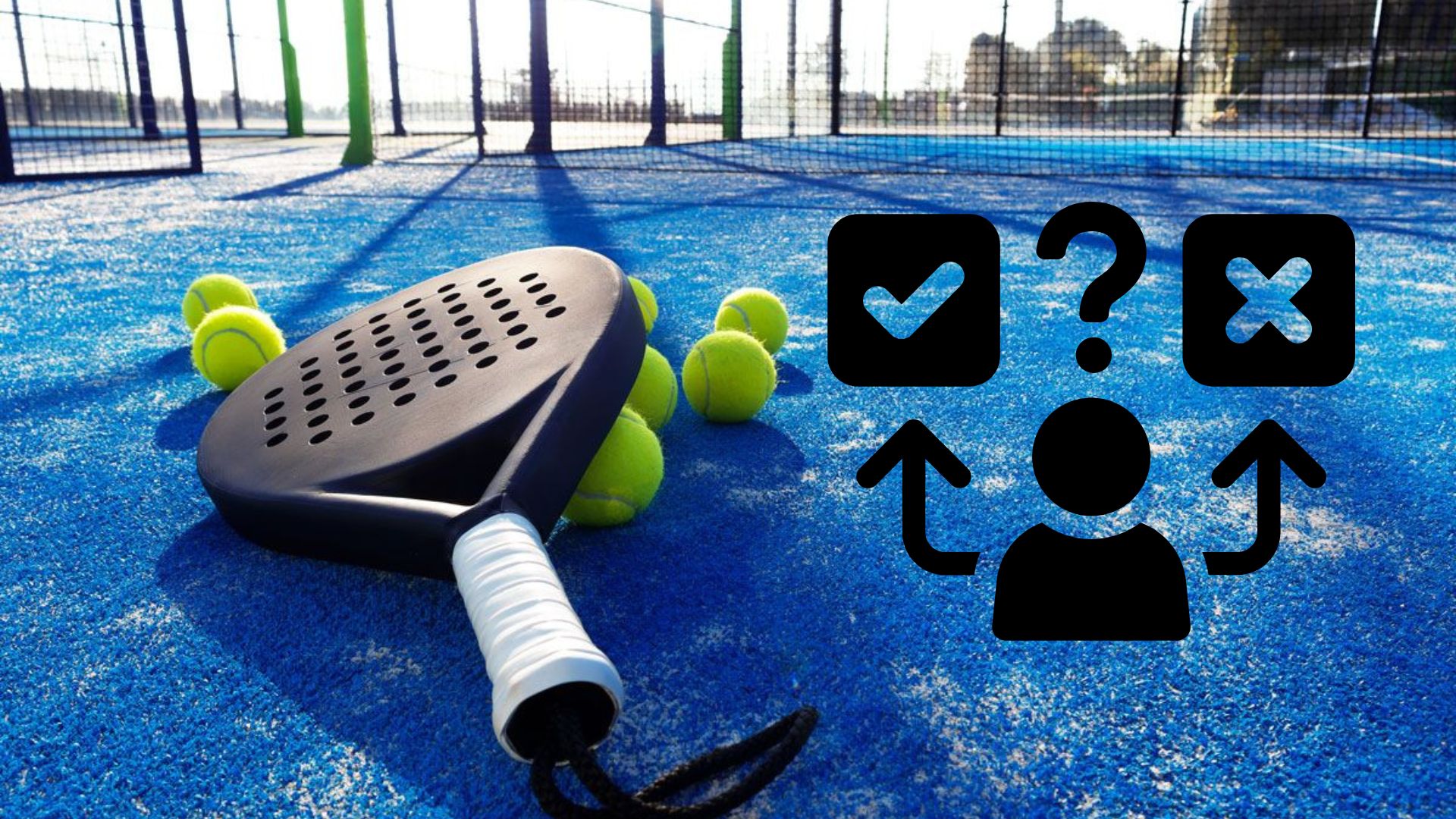 How to effectively test a racket padel ?
How to effectively test a racket padel ?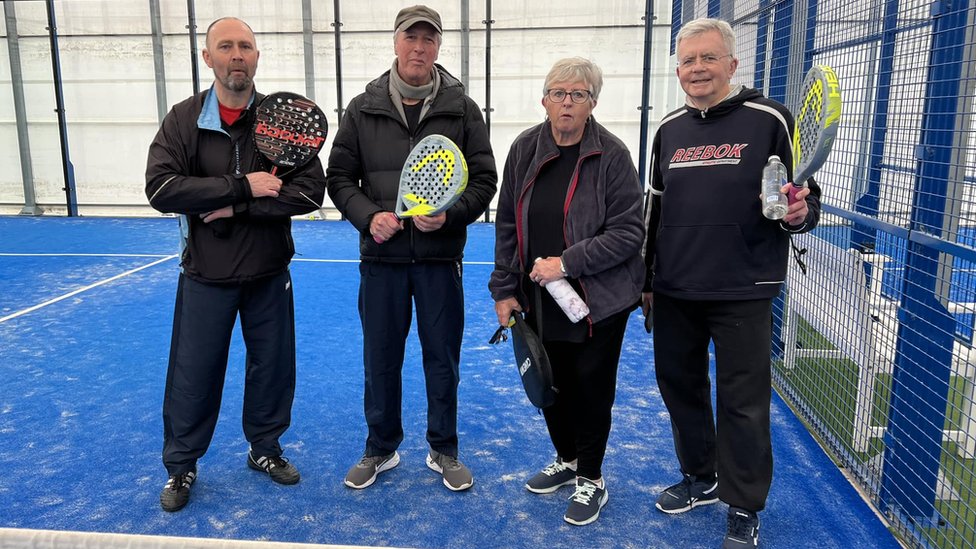 La padel to fight Parkinson's disease
La padel to fight Parkinson's disease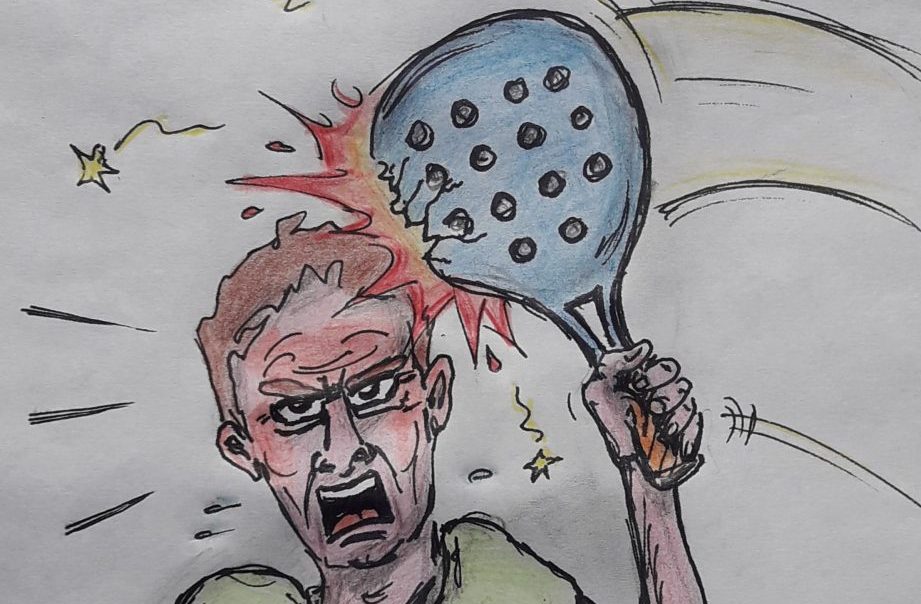 Don't play with a cracked or broken racket, your body will thank you!
Don't play with a cracked or broken racket, your body will thank you! Michel Cymes: “The padel, physically, it’s serious!”
Michel Cymes: “The padel, physically, it’s serious!”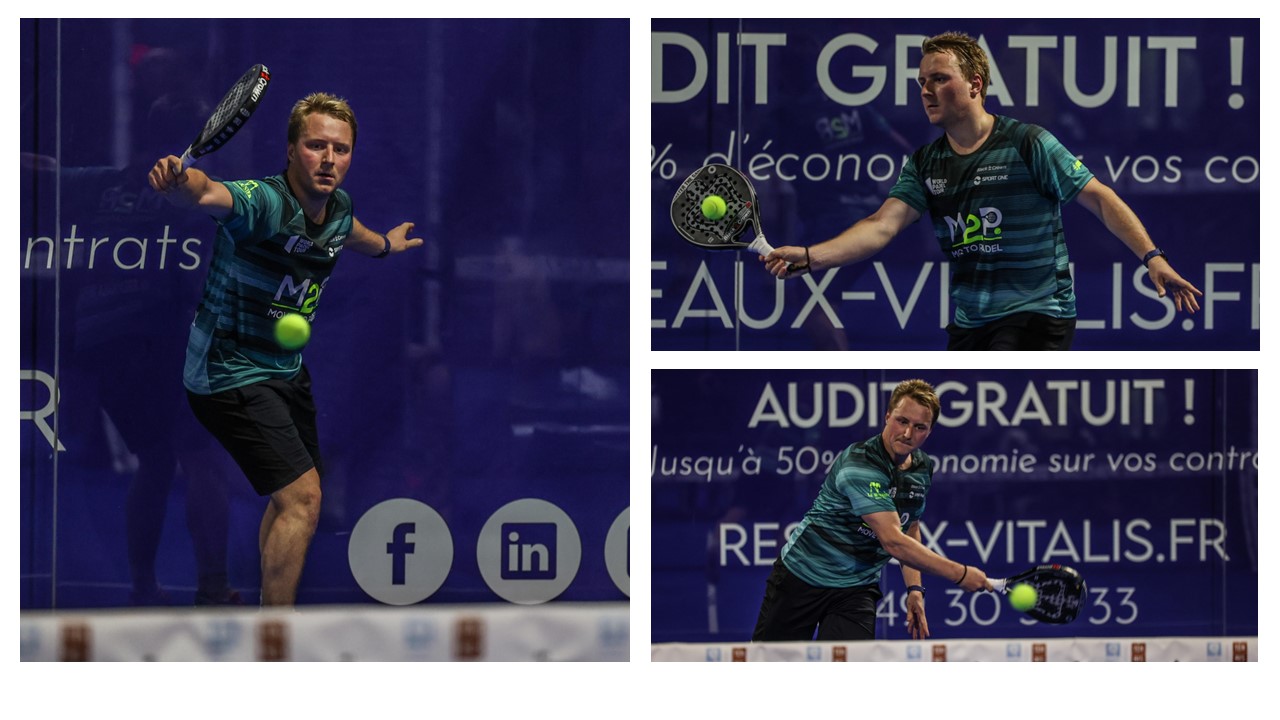 Jeremy Gala: “Promote the padel among young people in Belgium remains a challenge”
Jeremy Gala: “Promote the padel among young people in Belgium remains a challenge” The French Touch Academy organizes its selection day Padel-Study
The French Touch Academy organizes its selection day Padel-Study Report on the detection and training of younger generations
Report on the detection and training of younger generations